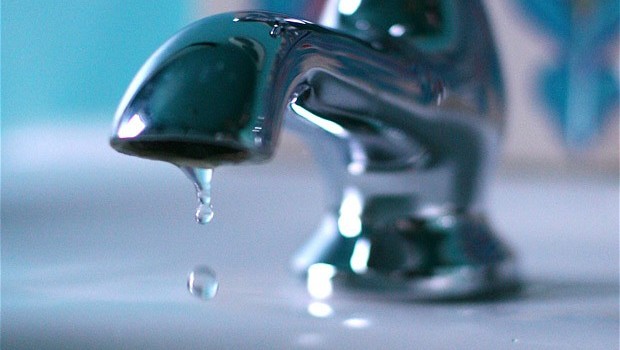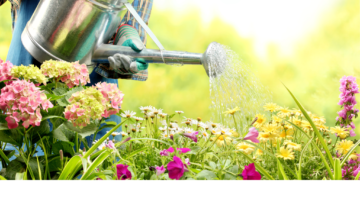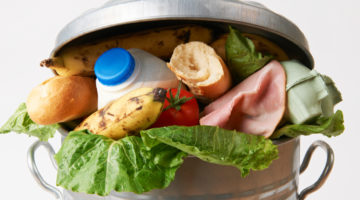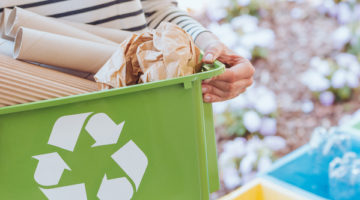
Behavioural changes to help save water
Regardless of the type of tariff you are on, the less water you use, the less you will pay on your bills.
A litre of water delivered to your home works out at about £0.0029 in a metered home, so saving one litre isn’t really going to make too much of a difference, however you will that by implementing some of the behavioural changes we have listed below that the savings quickly add up.
Even if you are unmetered, you still have to pay to heat water (heating water accounts for about 30% of your gas bill), so by implementing these changes you will be using less hot water, therefore saving on your gas bill.
In the bathroom
Taps running unnecessarily – A running tap wastes over 6 litres of water per minute, so if you turn it off while you are doing your teeth (1.5 minutes), you could potentially save 18 litres per day. If a family of 3 were to all do this, they would save over 6,500 litres per year, which works out at a £15 annual saving.
By the same token, when you have a shave, fill the basin up with warm water first, then you don’t need to keep the tap running while you are shaving.
Leaking taps – this may seem like a no-brainer but a leaking tap could waste about 5,500 litres per year, so getting the spanner out to tighten it back up could save you about £13 a year.
Running deep baths – a nice deep bath is a great way to relax, but filling a bath typically uses around 80 litres of water, so try and replace the daily bath with a shower, so you will then use about a third of the water.
Showering time – This is really simple one, take shorter showers. The average shower in the UK lasts for 8 minutes and in this time you will use about 62 litres of water (a power shower may use as much as 136 litres in this time). If you were to spend just 4 minutes in the shower, it would save 30 litres every time you showered, which for a family of 4 taking daily showers could save 44,000 litres of water per year so a saving of £75 just on the water (the heating savings would be even more significant). You can also combine showering and doing your teeth for example for an even more efficient use of water!
Using your toilet as a bin – We all know the primary function of a toilet and each time you flush it uses about 9 litres of water, therefore using it to dispose of a snotty tissue or facewipe is a big waste.
Check for leaky cistern – It is also worth putting some food colouring in the cistern of your toilet and seeing whether this flows down into the bowl without flushing, since this will show there is a leak in your cistern mechanism, which you should try to address.
In the kitchen
Leaking taps – as we said before, a leaking tap could waste about 5,500 litres per year, so getting the spanner out to tighten it back up could save you about £13 a year.
Filling washing machine/dishwasher – Washing machines and dishwashers have made life very easy, however they are quite water intensive pieces of kit. A washing machine will use anywhere between 33 and 72 litres per wash on typical settings, while a dishwasher will use anywhere between 10 and 21 litres. Nowadays both of these appliances will have eco settings built into them, which will reduce the amount of energy and water they use to operate, so ensure you are using these settings when possible. In addition only use them when they are full; ensuring a full load is the most efficient way to run both dishwashers and washing machines.
If you don’t have a dishwasher, it is much easier to fill the sink with water and let things soak before attacking them with a scrubbing brush under a running tap. As mentioned above a running tap uses about 6 litres of water per minute, so fill up the sink and let nature work its magic!
Running through cold water – Everyone prefers cold water to drink – Fill a jug with tap water and leave it in the fridge, then you don’t have to run the tap for ages just to get a cold drink.












No Comments yet! Be the first one.